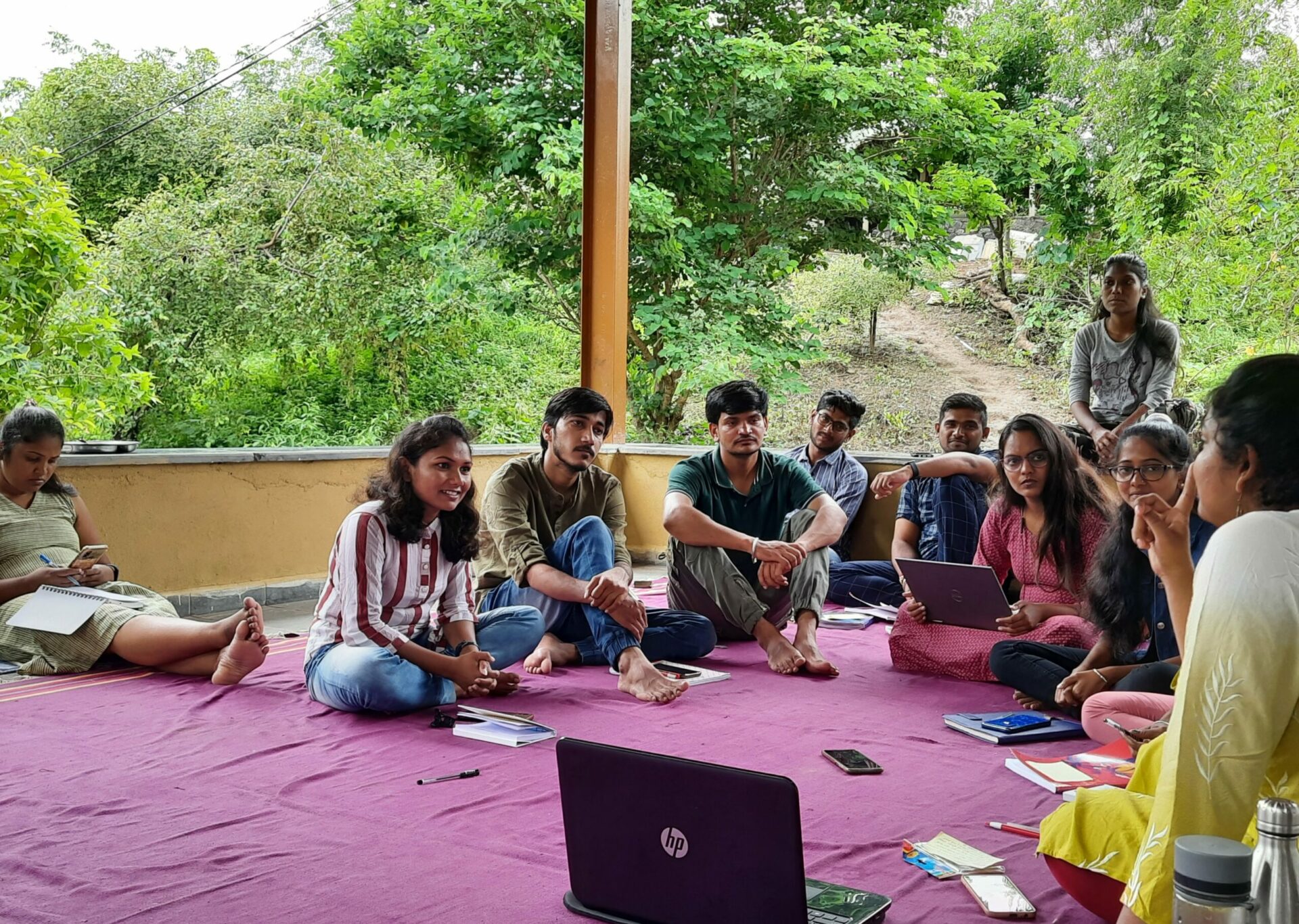At Learning Companions, recently we have received a few requests to share M&E resources that we use at Learning Companions. Hence we are realizing that multiple people need these resources and it might be helpful if they are openly and easily accessible. We are providing here the links to different M&E structures that we use at Learning Companions. Please feel free to download and use them according to your convenience. Write to us at learningcompanions2018@gmail.com if you have any questions or if you want to discuss these structures. Also please reach out to us if you have feedback for us on any of these documents/structures. A lot of gratitude and credit to Teach for India, TFIx, Khelghar – PalakNeeti, Slum Soccer, and Bhumi from whom we have adopted these resources. A big shoutout and gratitude to these amazing people, Neha Rathi, Alpana Mallik, Nalika Briganza, Sakshi Shrivastav, Vaishnavi Srinivasan, Abhijeet Barse, Shubhada Joshi and many others who have either guided us through the entire process, given valuable feedback, or openly shared their own resources.
There are 3 key components of M&E:
- Assessments – Regularly measuring if we are able to achieve the milestones with the approach that we are using
- Feedbacks – knowing from our users, if our actions are ACTUALLY helpful to them and what is working/not working for them
- Check-ins and reflections structures/formats – Spaces/Structures for reflecting on our actions/plans, learning from them and adapting our strategies based on data from assessments and feedbacks
We have following structures in each of the above components
- Assessments – These are divided into 3 groups based on our 3 different focus stakeholders
- Students
- Fellows
- Fellow Competency Scale (FCS) – Overall pedagogy and leadership development – Quarterly
- Classroom observation form – to assess classroom competencies – Once a month
- Parents
- Parents Awareness and Efforts Scale – Twice a year
- Feedbacks
- Fellows
- Program managers feedback form – to know what fellows feel about program managers support
- Feedback on workshop sessions (just one template)
- Students and Parents – We recently realized that we do not have a specific feedback generation format for students and parents. We will be preparing them soon. Currently it is mostly organic and verbal feedback
- Supporters/Other stakeholders
- We organize sessions in which we present progress reports and take suggestions/feedback
- Feedback on the program – In this file, you will find 1. Suggestions taken from supporters on some key strategy decisions 2. Feedback from fellows on which structures are helping them/which are not helping
- Fellows
- Check-ins and reflection
- Check-ins
- PM-fellow check-in – fortnightly
- Leadership development conversations – once a month
- PL-PM check-in – fortnightly
- Weekly sharing
- Reflection structures
- Program team
- Fellows
- Fellowship Experience Quality Assessment form (This is highly rated by fellows, it is helping them be more effective and organised)
- Fellows daily reflection form (It proved too much demanding for our fellows, so we have stopped it now)
- Check-ins
